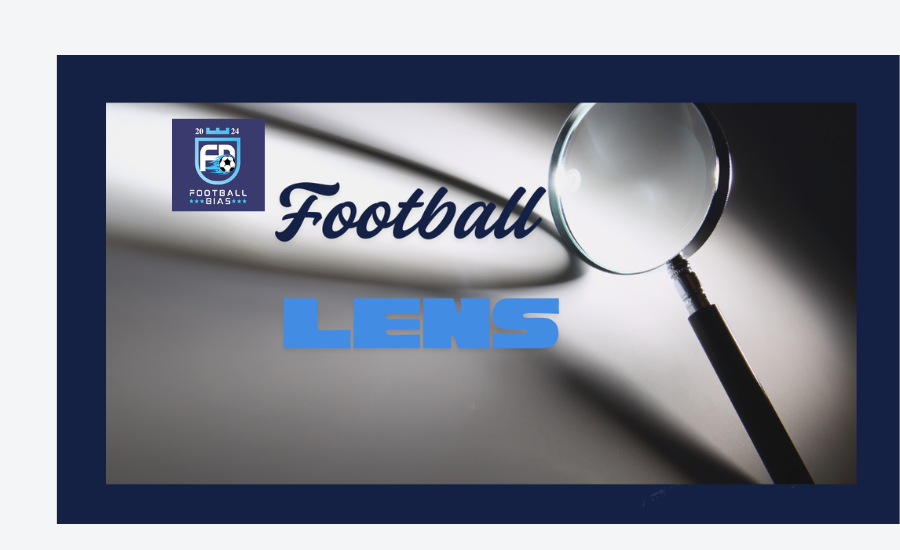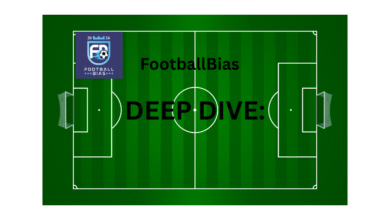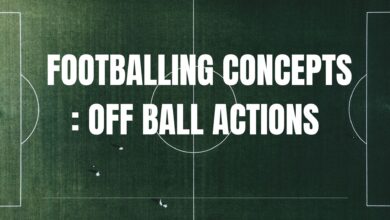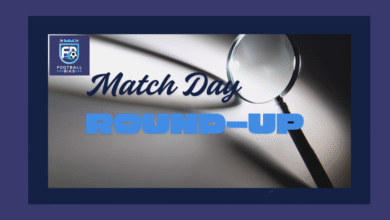Part 1 : How Social Media Took Over Football
From Banter to Backlash

Football used to live on the pitch, now it lives on the timeline. From 007 to “Stay humble ay” to “Let it all work out”. Every nutmeg, missed sitter, or post-match quote ends up online within seconds, clipped, memed, and debated by millions of fans. In the space of a few tweets, a player can go from hero to meme template, and back again.
That’s the world modern footballers operate in, one where perception shifts faster than a counterattack. It’s a huge contrast from the early 2000s, when players like Ronaldinho, Henry, or Beckham faced criticism but from pundits and newspapers and not trending hashtags. Back then, a bad game made back-page headlines, today, it’s global by halftime.
Social media hasn’t just changed how we watch football it has perhaps changed what football itself is. It’s a constant conversation, part sport and part spectacle. For the players, it means living under a brighter spotlight. For fans, it means being closer to their players and louder than ever.
However , it’s a double-edged sword as the same platforms that give footballers direct access to their fans also expose them to non-stop banter, trolling, and judgment. But it’s also what makes modern football feel alive, connected, and impossible to look away from.
Social media didn’t just change how fans talk about football, it completely reshaped the game’s environment. Matches no longer end with the final whistle; they live on through clips, debates, and memes that circulate for days. Every nutmeg, celebration, or mistake becomes content. A player’s post-match quote can trend faster than the goal they scored.
For fans, it’s made football more interactive and immersive. You don’t just watch anymore you react, comment, clip, and share. Supporters from Lagos to Kampala are part of the same conversation in real time. The sport has never been more global or more connected.
But this shift hasn’t just affected players and fans, managers feel it too. In the early 2000s, a coach could lose a few games before real pressure kicked in. Now, one bad performance and it’s #XabiOut or #Tetanyahu. Collapses are trending worldwide before the post-match interviews even start. Social media amplifies every emotion,, all the praise, all the outrage, the memes, the good, the bad and the ugly and it all feeds back into how clubs and players are perceived.
The biggest change between eras isn’t the football itself, it’s the spotlight.
Players in the early 2000s most definitely had pressure but it came in doses not in droves. The criticism came from pundits, newspapers, or the odd phone-in radio show. Fans could moan at the pub or send letters to editors, but that was about it. Once the final whistle blew, players had time to switch off, to reflect without the oftentimes discouraging and unconstructive criticisms that we see in today’s game.
Today, there’s no off switch. Every miss, mistake, or quote is online before the players even reach the dressing room. A slip-up trends worldwide in minutes, complete with memes, out-of-context clips, and hundreds of thousands of comments. The same feeds that celebrate players also tear them down. Any new signing that goes 7 games without a goal contribution is subjected to the 007 meme , initially used on Jason Sancho after he completed 7 games without a contribution when he joined Manchester United in 2022. However, 007 memes that were originally used for attackers have now been used for midfielders and even defenders as in the case of Trent when he got to Madrid.
That constant exposure takes a toll. You can’t scroll through your phone without seeing your name, your stats, your fail compilation, or people tagging your account after a loss. The mental fatigue of that kind of scrutiny is a new kind of challenge, one that players from the Ronaldinho or Henry era never had to navigate.
Narrative now plays a much bigger role than it used to thanks to social media. Opinions quickly turn into movements and a few viral threads, clips, or stat graphics can completely shift how a player is perceived not just by fans, but by voters, pundits, and even journalists. Ballon d’Or debates have become as much about momentum as they are about merit. Trophies still matter and they always will but how a player’s story is told online can shape how those achievements are remembered and valued. Players now don’t just compete on the pitch, they tend to compete for presence online.
In this era, fanbases have power. Organized, loud, and relentless, they can keep a player’s name in every conversation, sometimes long enough to reshape outcomes and it’s not to say that narratives didn’t exist before, the difference is that now, they’re built in real time, and everyone with a phone has a hand in writing them.
Even clubs have had to adapt. Social media noise influences everything from player confidence to boardroom decisions. Fan sentiment tends to trend faster now than actual results, and sometimes it dictates the narrative more. The pressure used to come from inside the stadium, now it comes from the entire internet.
Somewhere between the memes, the edits, and the hot takes, football has built a world of its own online especially on Twitter, FT (Football Twitter) as it’s called. Social media has turned fans into commentators, entertainers, and influencers, people who don’t just react to football but help define how it’s talked about.
Banter is the new language of the game. A missed chance becomes a meme within seconds, every insane dribble past a defender and every goalkeeper mistake gets replayed from every possible angle before the full-time whistle. It’s funny and can be brutal, but it’s also what keeps football alive long after the matches end. The debates, the jokes, the running gags make the sport feel constant, even on quiet days.
Pages like Troll Football, Hater Central, ESPN FC, B/R Football, Pubity Sport, The Touchline, and 433 have become major voices in that space. They mix humor, news, and opinion in a way that blurs the line between media and fan culture. A single post from one of them can shape how millions see a player or match for better or worse.







